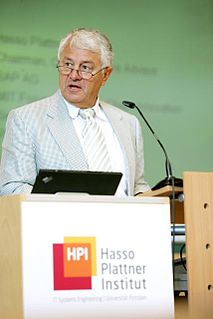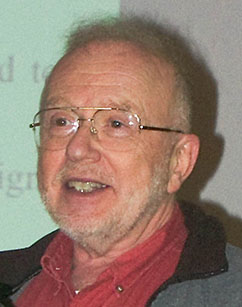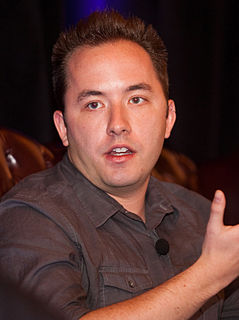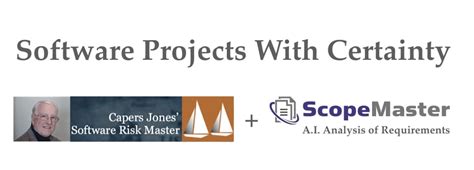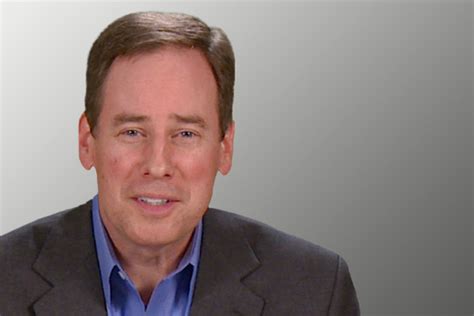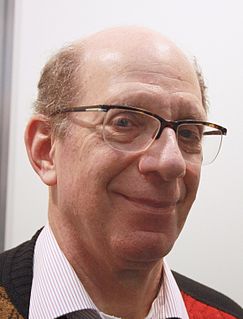A Quote by Hasso Plattner
The software industry has to become better in componentization. That's a clear focus for most of the software companies. How components look, how they are maintained, the ability to maintain them separately.
Related Quotes
With software products, it is usual to find that the software has major `bugs' and does not work reliably for some users... The lay public, familiar with only a few incidents of software failure, may regard them as exceptions caused by exceptionally inept programmers. Those of us who are software professionals know better; the most competent programmers in the world cannot avoid such problems.
I'm not of the opinion that all software will be open source software. There is certain software that fits a niche that is only useful to a particular company or person: for example, the software immediately behind a web site's user interface. But the vast majority of software is actually pretty generic.
Software touches all of these different things you use, and tech companies are revolutionizing all different areas of the world...from how we shop to how farming works, all these things that aren't technical are being turned upside down by software. So being able to play in that universe really makes a difference.
Testing by itself does not improve software quality. Test results are an indicator of quality, but in and of themselves, they don't improve it. Trying to improve software quality by increasing the amount of testing is like trying to lose weight by weighing yourself more often. What you eat before you step onto the scale determines how much you will weigh, and the software development techniques you use determine how many errors testing will find. If you want to lose weight, don't buy a new scale; change your diet. If you want to improve your software, don't test more; develop better.
